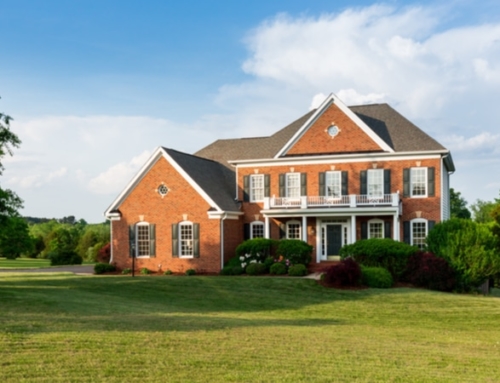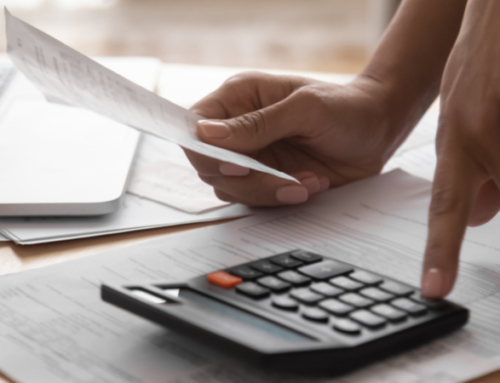Q: I sold my condo that I was living in and began to look for a new home to buy. During that time an old friend called me to see if I would be interested in buying his condo.
I also had a friend that wanted to rent me her condo until I found a place to live. The rent was very cheap and I took her up on it. In the mean time I bought my friend’s condo and knew it would take time to fix it up if I was going to live there. But I wasn’t sure I wanted to move in and go through the work.
During the time that I was figuring out what to do, I met a guy who wanted to rent the condo with an option to buy it as is, without me doing any work. I rented it to him for 6 months and then sold it to him.
I never lived in the condo. I have now bought a new home in which I live. My question is, can I roll over the gain from the condo I rented and sold into my new home and avoid any capital gain tax even though I never lived there? I didn’t own any other home during that time.
A: I have some good news and some bad news for you. First, the good news. You made money on your investment in this condo that you didn’t own and never ended up living in.
The bad news is that you never lived in the condo, and so are ineligible to take any of the profits tax-free. If you had lived in the condo as your primary residence for at least two years (technically, the requirement is two of the past five years), then you would have been eligible to take up to the first $250,000 (up to $500,000 if you’re married) in profits tax free when you sold.
The other piece of bad news is that because you didn’t hold onto the condo for at least a year, it’s considered a “short-term” investment rather than a “long-term” investment for tax purposes.
That’s a killer because you will be taxed on the income at your marginal tax rate, which could be as high as 35 percent. If you had held the condo for at least a year, your maximum tax rate on the profits would have been 15 percent.
Although you’re still making money, knowing the tax laws even a little bit could have helped you keep even more of the profits in your pocket.
On the other hand, congratulations on making several really smart moves and turning a profit on this venture. It seems like you might have a knack for it and you should consider keeping an eye out for another real estate investment.
Published: Feb 6, 2004






Are you saying that if I have rented my condo for 28 years, I will be taxed 15% on the gains when I sell? This is in CA.
Hi Sonia,
I don’t know the specifics on your condo purchase. But here’s what the current tax law says. If you own your home for at least 2 our of the past 5 years (and you do), you can keep up to $250,000 in profits (or, up to $500,000 if you’re married, filing jointly) tax free. You have lived in your condo long enough to qualify for this tax exclusion.
But home values in California have skyrocketed. If your profits are above these limits after you calculate your cost basis (including costs of purchase, costs of any material improvements to the property and the costs of sale), then you will pay long-term capital gains tax on the profits above and beyond the exclusion limits.
Beyond the federal tax, California may have a state tax that you would also pay on those profits.
Hope this helps.
Ilyce Glink, Publisher
Thinkglink.com